Are you confused about what should you feed your pet hamster to keep them healthy? Since hamsters are omnivores, they can eat both plants and animals. For pet hamsters, a good diet includes high-quality commercial pellets, Timothy hay, fresh veggies and fruits, and some seeds.
You can feed them things like apples, bell peppers, peaches, pears, melons, carrots, leafy greens, cucumbers, broccoli, and peas. Stay away from citrus fruits like oranges, grapefruit, and lemons because they’re too acidic and can cause diarrhea.
Hamsters have special pouches in their cheeks that let them carry food around or save it for later. Make sure any food you give them is cut into small pieces so they can fit it in their cheeks without choking.
I have also written a whole blog on pig-feeding guide that I encourage you to read before.
Can Hamsters Eat Green Peppers?
Bell peppers are completely safe and even healthy for your hamster, but they should just be a tasty extra, not the main part of their diet. Don’t just fill their food bowl with peppers and think that’s enough for a balanced diet.
Hamsters do best with a balanced pellet feed made for them. Besides that, they can enjoy a variety of hay, fresh fruits, seeds, nuts, grains, and vegetables.
Benefits of Peppers

Sweet peppers are great because they come with vitamin C, which hamsters really need. Since hamsters grow and have babies quickly, vitamin C is important for their growth. Hamsters don’t naturally produce vitamin C, so they must consume it through their food to prevent illnesses like scurvy.
Vitamin C also helps their bodies avoid damage to tissues and cells and helps them absorb iron better.
Vitamin C helps make collagen, which means healthier bones and skin for your hamster. It also helps heal wounds faster, so if your hamster gets hurt, it can recover quicker.
Bell peppers also have vitamin B6, which helps make red blood cells, important for all mammals. Vitamin B6 keeps the nervous system healthy and helps hamsters break down proteins, fats, and carbs.
Red bell peppers have something that turns into vitamin A in the hamster’s body. Vitamin A is good for eyesight and can help prevent night blindness. It also helps the immune system and works with other nutrients like vitamin D, calcium, and protein to keep bones strong.
Peppers also have vitamin E, which is good because it acts like an antioxidant. Antioxidants assist in eliminating damaging particles in the body, helping to protect cells from harm. This could help slow down aging and prevent diseases.
Peppers have some vitamin K1, best for blood clotting. This helps stop bleeding if there’s a wound or cut. Vitamin K can also support bone health.
Peppers are full of fiber, which is essential for a hamster’s digestion. Since hamsters eat a lot, they need a good digestive system to take in nutrients and pass food through their bodies.
Also potassium-enriched, bell peppers also aid in keeping blood pressure in check. This puts less strain on a hamster’s body, keeping their heart healthy and supporting muscle and bone strength as they age.
Can Hamsters Eat Mango?
Hamsters can safely enjoy a small chunk of mango. This fruit isn’t toxic, and hamsters usually love its sweet taste.
However, mangoes are high in sugar, which could be dangerous to hamsters if they eat too much. Eating too much sugar could lead to health problems like diabetes and obesity for hamsters.
If they eat a lot of mango at once, it can make them bloated and cause diarrhea. Also, since hamsters store food in their cheek pouches, keeping sugary mango can lead to serious problems with their teeth and gums.
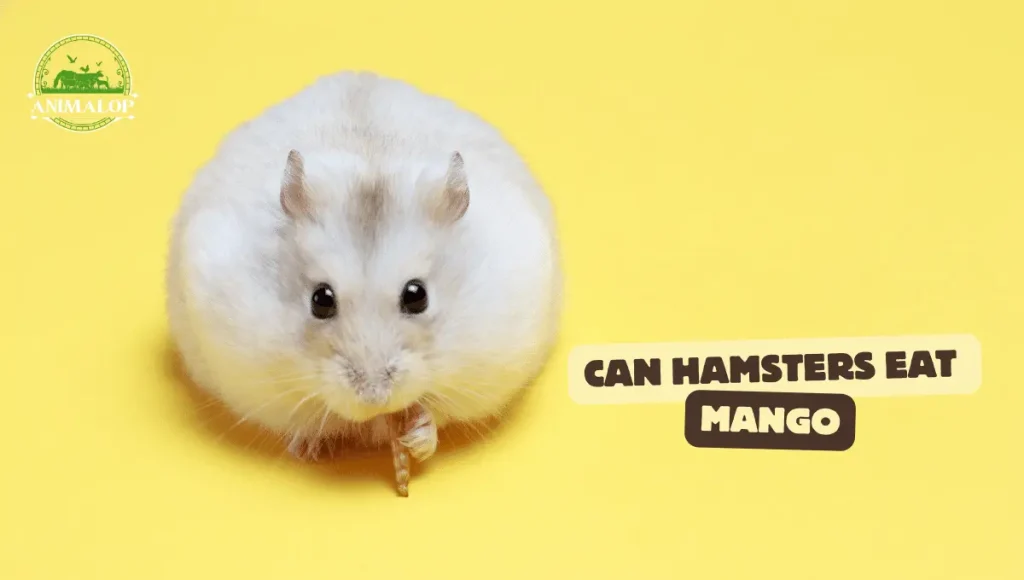
Another thing to watch out for is the mango skin, which is tough and could choke your pet, so never give it to them.
To feed your hamsters mango safely, just give them a small slice one or two times a week.
Check out what vegetables and herbs you can feed to your rabbits.
Health Benefits
Mangoes are full of antioxidants that help keep hamsters healthy by protecting their cells from harmful particles, which may be linked to diseases like heart disease and cancer. These harmful particles can come from things like breaking down food or being around cigarette smoke.
Plus, the vitamin C in mangoes boosts the immune system. Vitamin C helps strengthen your hamster’s immunity and also supports the growth of muscles, tendons, and bones.
They are also rich in fiber, which is fundamental for a healthy digestive system. It helps maintain bowel movements normal and stops constipation.
It also retains Vitamin B which is adequate for eye health and assists in keeping your hamster’s cholesterol in check.
Moreover, this fruit comes with a lot of Vitamin B9, which is indispensable for producing red blood cells. This helps the immune system work properly.
Can Hamsters Eat Radish?
Hamsters could eat radish but just like other fresh foods, you should only give them a little to avoid making them sick. Radishes contain B vitamins, zinc, calcium, and a pinch of sugar, salt, and fat. Small amounts of sugar and salt are okay for hamsters, but too much can cause health issues.
Syrian and Roborovski hamsters can have a piece of radish now and then. Dwarf hamsters, however, need to avoid radishes. They are more likely to get diabetes and could get too much sugar and salt from radishes, leading to problems like high blood pressure.
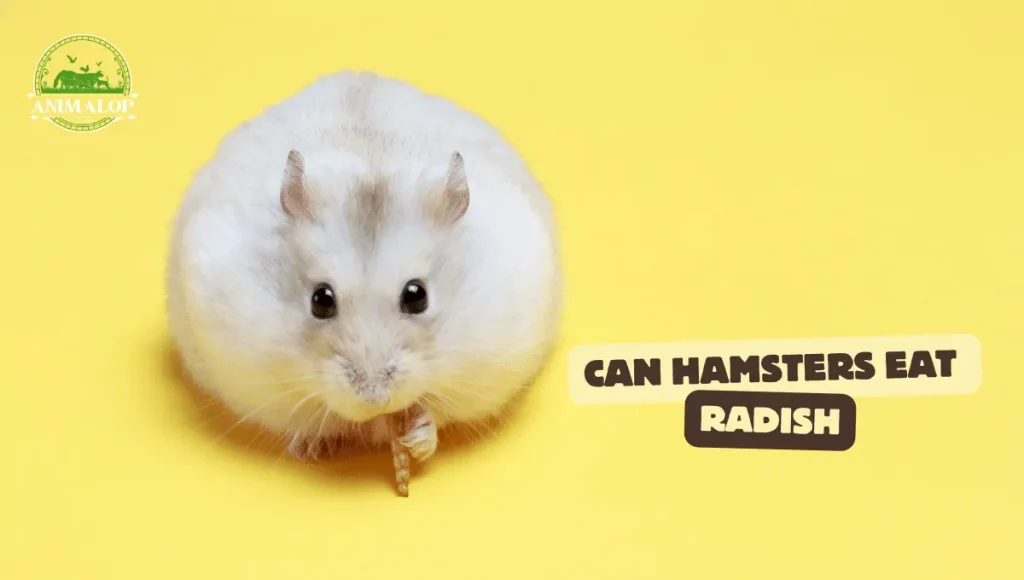
It’s also best to stay away from radish leaves and seeds because they have a chemical called glucosinolate that can be toxic in large amounts. Stick to feeding your hamster just the radish root.
Benefits of Radish for Hamsters
Radishes can be good for your hamster’s health. They have vitamin C, which helps boost the immune system, potassium that supports muscle function, fiber for better digestion, folate that helps with cell function, antioxidants that protect the body, and they help keep your hamster hydrated.
Can Hamsters Eat Avocado?
It’s better not to give Hamsters Avocado. Although some people say it’s okay to feed hamsters a little slice of avocado, we think it’s too risky. Avocados are very high in fat, which can be too much for a hamster’s small digestive system.
Also, the soft, sticky part of the avocado could get clung in a hamster’s cheek pouches. It will result in a blockage and possibly a painful infection known as an abscess.
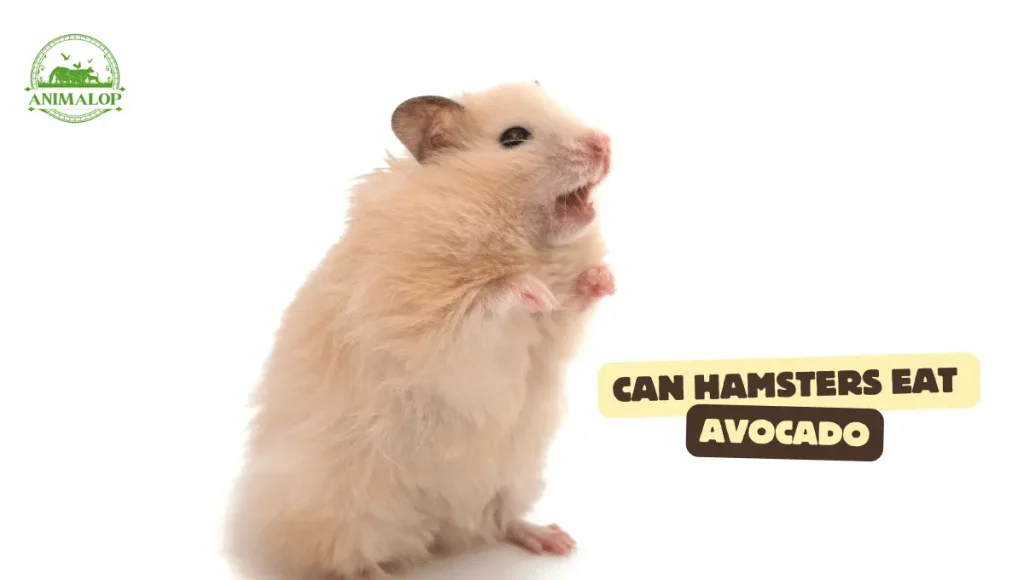
If you ever see your hamster drooling or notice swelling around its face or head, it might be dealing with a blocked cheek pouch. While some hamster owners know how to handle this, it’s usually best to take your pet to a vet. Your hamster needs help getting the stuck food out of its pouch, and it could need other care too.
Can Hamsters Eat Raisins?
It’s best not to give them raisins. While raisins aren’t toxic to hamsters, they’re not a great choice for a snack. Raisins are really just dried grapes, so they have a lot more sugar than fresh grapes, about four times as much.
This high sugar content isn’t good for hamsters and can cause more harm than good. So, even though they’re packed with nutrients, the extra sugar makes raisins a poor choice for your hamster.
Can Hamsters Eat Cantaloupe
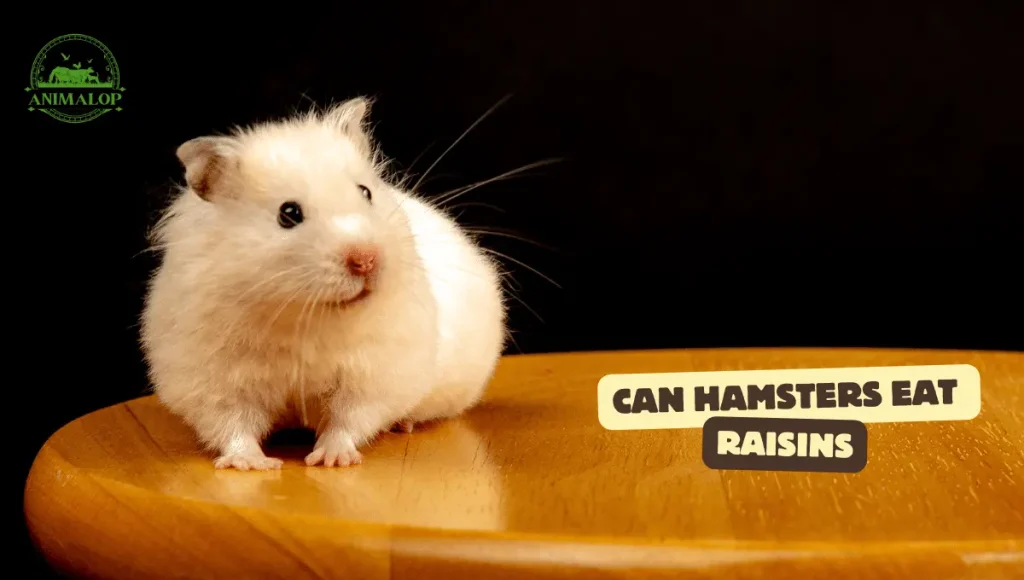
Cantaloupe is safe for your hamster as an infrequent treat. It isn’t toxic to hamsters, but it’s high in sugar and water, which can be harmful if they eat too much. Feeding them cantaloupe in moderation is key because too much can cause diarrhea and stomach upsets. It can also raise their risk of becoming obese or causing diabetes.
Wild hamsters mostly eat nuts and grains, and their digestive systems aren’t built to handle a lot of water from foods like cantaloupe. That’s why eating too much can lead to watery stools.
Also, you should clear the skin and seeds of the cantaloupe before feeding it to your hamsters because they can choke on them.
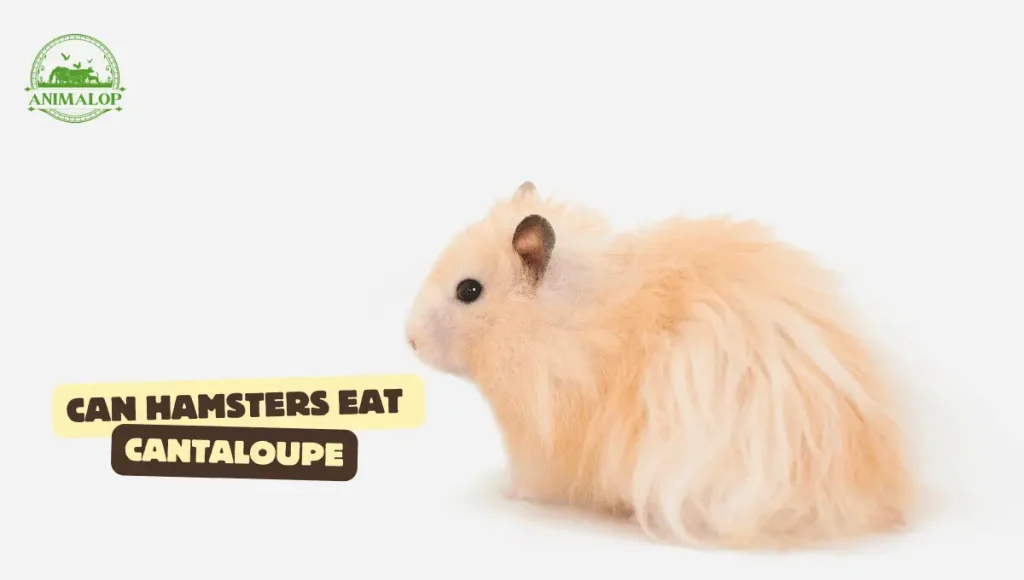
Health Benefits
Cantaloupe can be good for hamsters because it has a lot of fiber, which helps with digestion and keeps their bowel movements regular. It also prevents constipation. Cantaloupe is also a source of potassium, which can aid control of blood pressure and support heart and muscle health.
This fruit is also great for keeping hamsters hydrated, especially in hot weather, because it contains a lot of water.
Additionally, Cantaloupe is rich in Vitamin C, which is important for preventing scurvy, and Vitamin A, which is required for good eyesight and a strong immune system. It also has Vitamin B6, which is essential for the healthy functioning of their organs and can prevent issues like loss of appetite, slow growth, and muscle weakness.
Don’t miss: What Vegetables Can Chickens Eat? Feeding Guide And Health Benefits
Can Hamsters Eat Crackers?
Hamsters can eat crackers as they’re made from flour and water and usually don’t have much sugar or fat, which makes them okay for hamsters to have. But it’s important to only give them crackers in small amounts.
Crackers mainly have carbs and a small amount of protein and fat. Carbs give hamsters energy, while protein and fats help them grow and stay healthy.
Benefits of Crackers
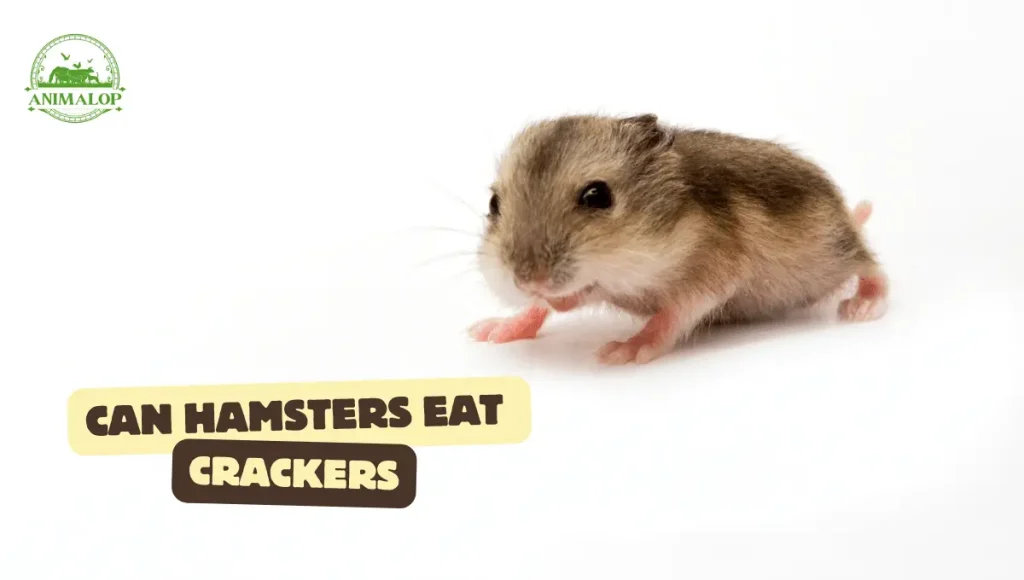
Giving crackers to your hamster can be good because they provide energy to keep them active. Plus, the crunchy texture of crackers helps clean their teeth by encouraging them to chew.
Can Hamsters Eat Blackberries?
Hamsters could eat blackberries but make sure you give them only some of them. Blackberries aren’t as sugary as many other fruits, but your hamster should still only have small amounts because they’re so small! Always give your hamster fresh blackberries. They digest natural foods best.
Avoid giving your hamster frozen blackberries that have added sugar, and steer clear of canned blackberries or blackberry pie fillings. These can have harmful additives like preservatives and extra sugar.
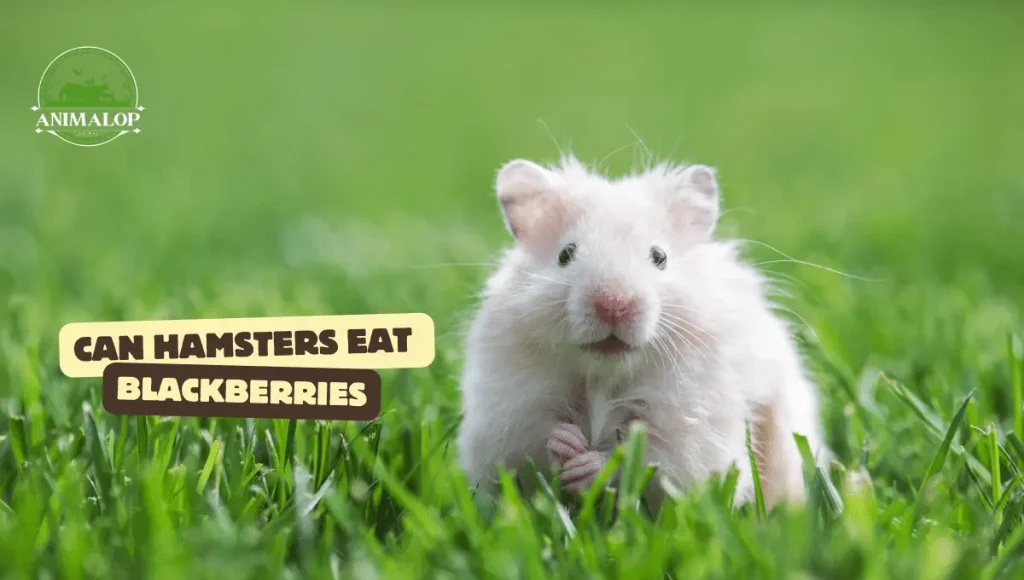
Health Benefits Of Blackberries
Blackberries are good for your hamster because they’re full of antioxidants that help their immune system. They have lots of nutrients like vitamin C, manganese, and folate, which are good for their health, help their blood flow better, and keep their brain from aging too quickly.
They also have a low sugar level, which is great since hamsters can easily get diabetes. Blackberries don’t have many calories, so they won’t make your hamster gain weight. They also help lower bad cholesterol and are high in fiber, which helps keep your hamster’s digestion running smoothly.
FAQs
Final Thoughts
My hamsters love a variety of foods, but I feed them the right things to keep them healthy and happy. Always remember that moderation is necessary with treats that have high sugar or fat content. Avoid harmful foods and always check for any signs of digestive issues.

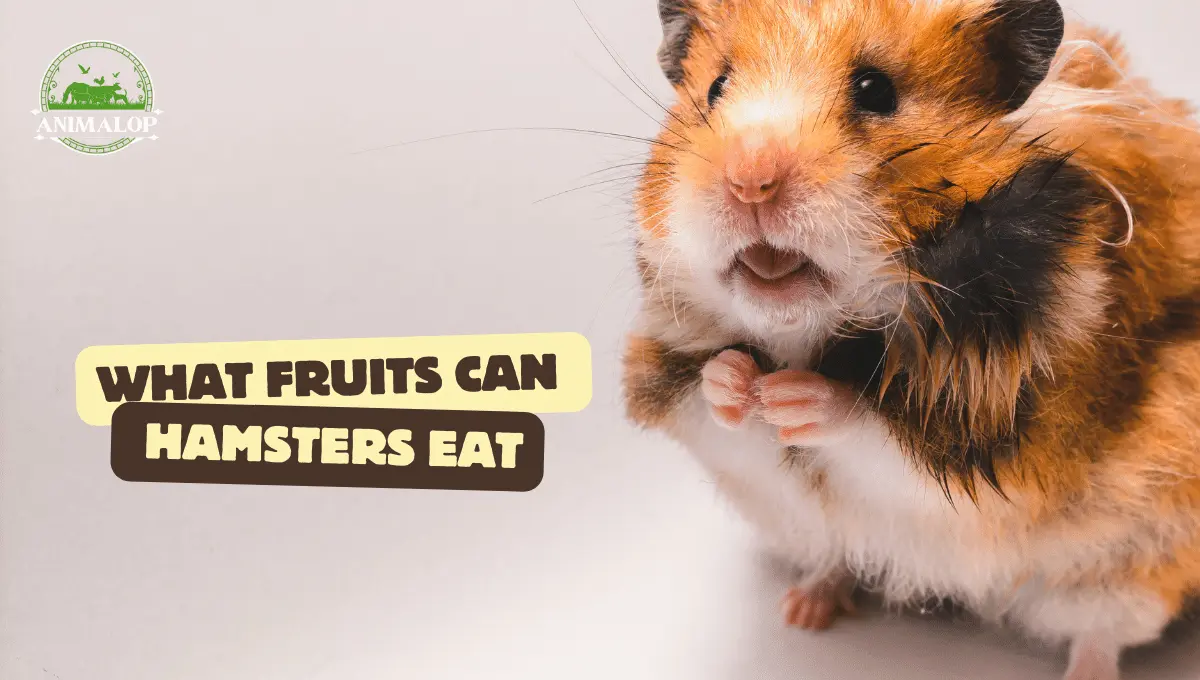
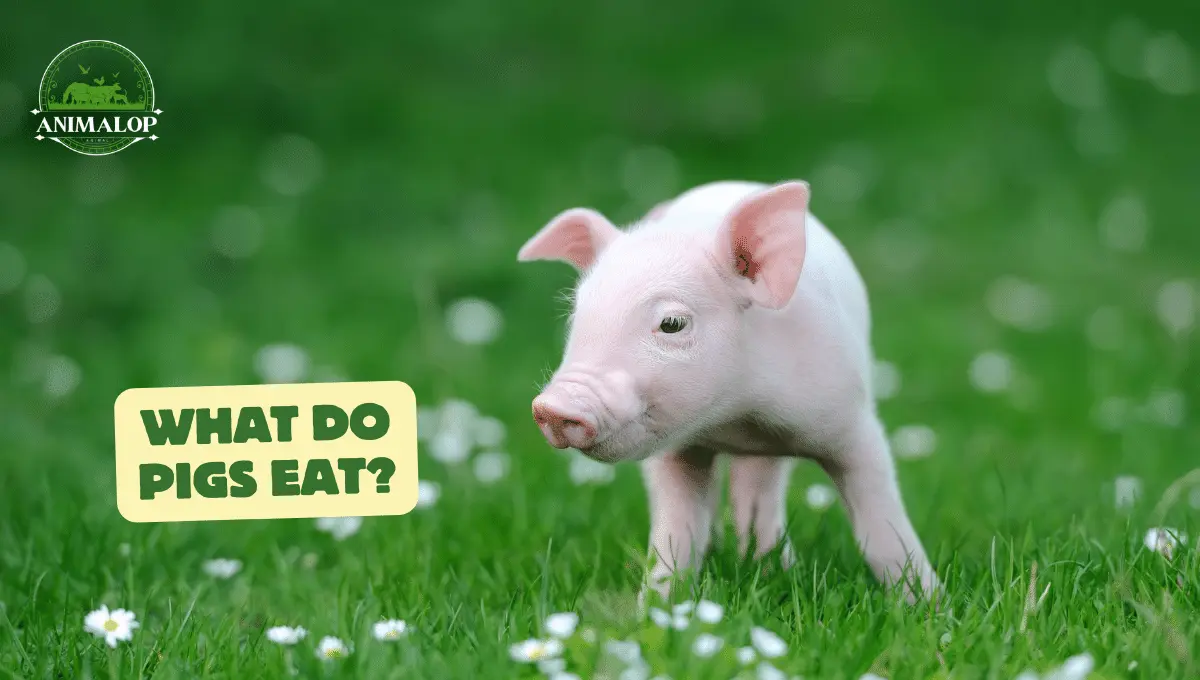
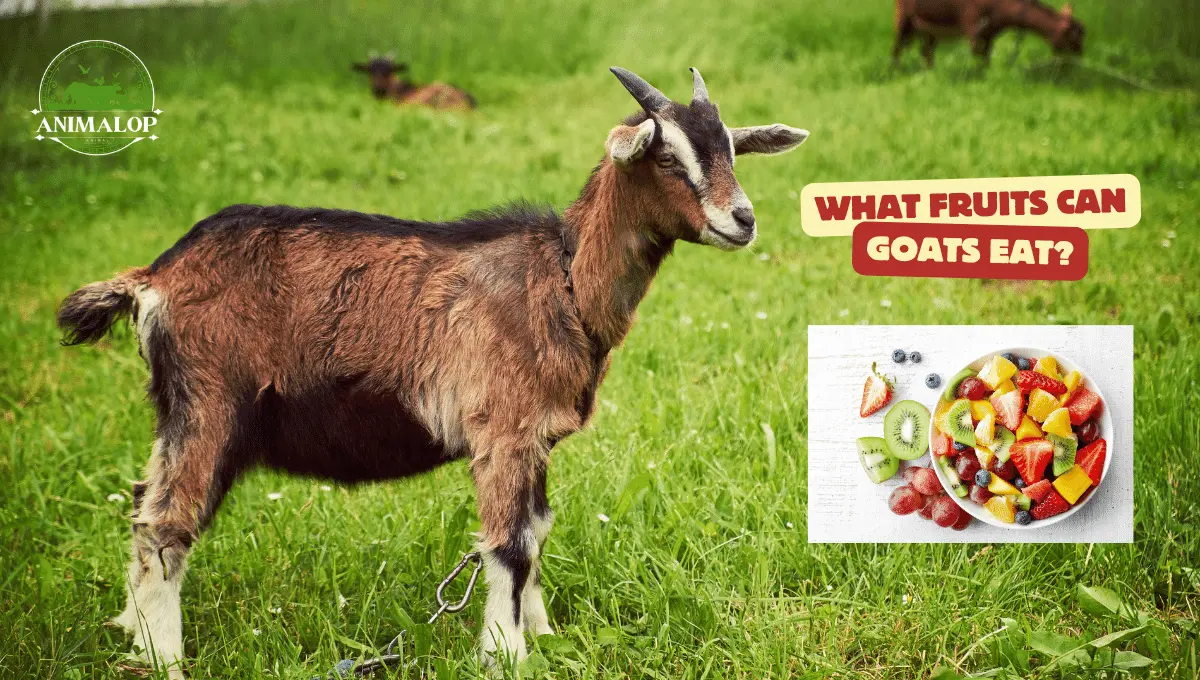
One Comment on “What Fruits Can Hamsters Eat: Are They Safe For Them?”